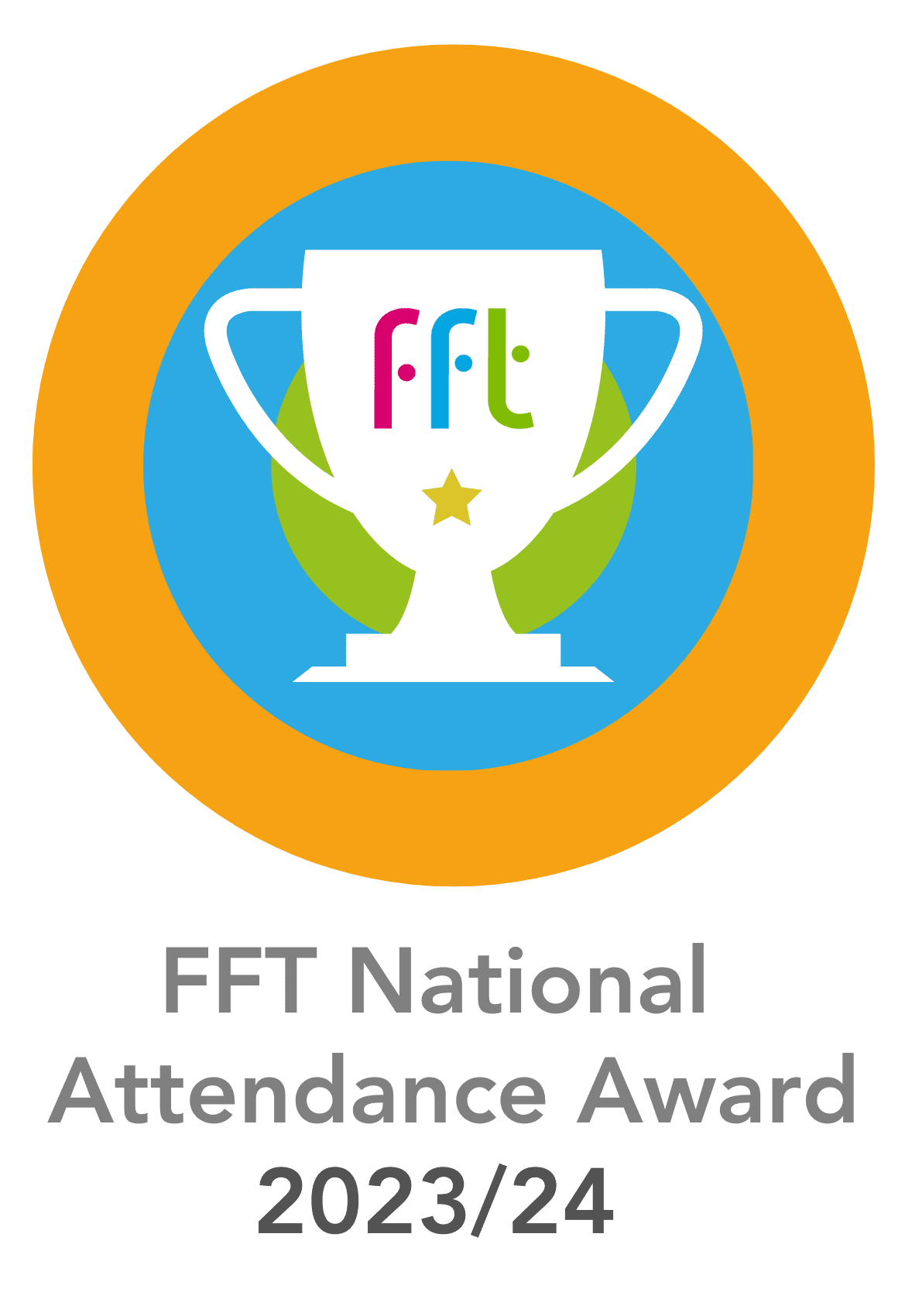“I have come in order that you might have life – life in all it’s fulness. John 10:10”
“developing passionate, confident linguists; ready to take their place as world citizens”
Mrs Simpson ~ Leader of Learning
Subject Leader: Mrs L Simpson
Email address: l.simpson@becketonline.co.uk
What specification (syllabus) is being taught?
A Level French is taught using the Edexcel syllabus.
Please see more at https://qualifications.pearson.com/en/home.html
General overview
Studying French at A-Level gives students an opportunity to learn about the history, culture and society of France and other French speaking (francophone) countries.
It also gives students the opportunity to master more sophisticated vocabulary and grammar in French in order to communicate extremely effectively in French.
Who should take this course?
Any student who wishes to learn more about the French language or the culture of France and other French speaking countries should take this course
What are the entry requirements?
In order to succeed at A Level, students will need to have a minimum of a grade 6 in their GCSE French.
What are the key topics and themes?
When will they be taught?
There are 4 key themes, each consisting of 3 subtopics. Themes 1 and 2 are taught throughout Year 12, and themes 3 and 4 are taught throughout Year 13.
In addition, students are given the opportunity to study a film in Year 12 and a book in Year 13.
These are :
Year 12
Theme 1- Developments in Society in France
sub topics
Family
Education
The world of work
Theme 2- The political and artistic culture of the French speaking world
sub topics
Music
Media
The role of festivals and traditions
Year 13
Theme 3 – Immigration and the French multicultural society
sub topics
The challenges of immigration and integration
The positive effect of integration
The extreme right
Theme 4- Occupied France
sub topics
Occupied France
The Vichy regime
The Resistance
How will students be assessed?
When do these assessments take place?
Year 12
Students will be assessed with an End of Year Assessment.
The End of Year Assessment will be made up of three papers.
Paper 1 will cover both of the themes and assess the students’ listening, reading and translation skills.
Paper 2 will cover the students’ understanding of the film they have watched and assess the students’ ability to write in French.
Paper 3 is the opportunity for students to showcase their skills of speaking in French, with a one-to-one interview with the teacher discussing the themes that they have studied in French lessons so far.
Year 13
Students will be assessed at the end of Year 13 using the Edexcel A Level Paper.
This is made up of three papers.
Paper 1 will cover all four of the themes studied throughout the course and assess the students’ listening, reading and translation skills.
Paper 2 will cover the students’ understanding of the film they have watched, the book they have read and will assess the students’ ability to write effectively in French.
Paper 3 is the opportunity for students to showcase their skills of speaking in French, with a one-to-one interview with the teacher.
At A Level, the students will not only discuss the themes they have studied throughout the course, but also discuss in French in detail a project that they have researched independently on a topic of their choice. This part of the speaking exam is called the IRP (The Independent Research Project).
What can students do for revision at home?
What materials are provided or available online?
For Languages, exposure to a wide range of different styles of spoken and written French is essential.
Students should aim to listen to or watch French radio, TV, podcasts and films.
They should aim to read articles and literature in French , both closely linked to their course, and also purely for pleasure.
1 jour 1 actu, for example, produces a range of articles that can be read and listened to in order to practise key skills.
Every student will be given a booklet for each strand of the course, which incorporates both the core knowledge for the A Level and also further reading/watching suggestions that are relevant to the course.
Academically, we use the dynamic learning platform to which students will be given a log in. This enables them to practise the academic elements of the course through key listening and reading activities as well as through targeted grammar practice.
There are also past papers available here which are often a very valuable tool for students to use to practice their exam technique in the run up to exams.







